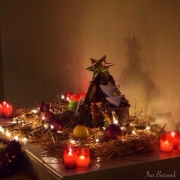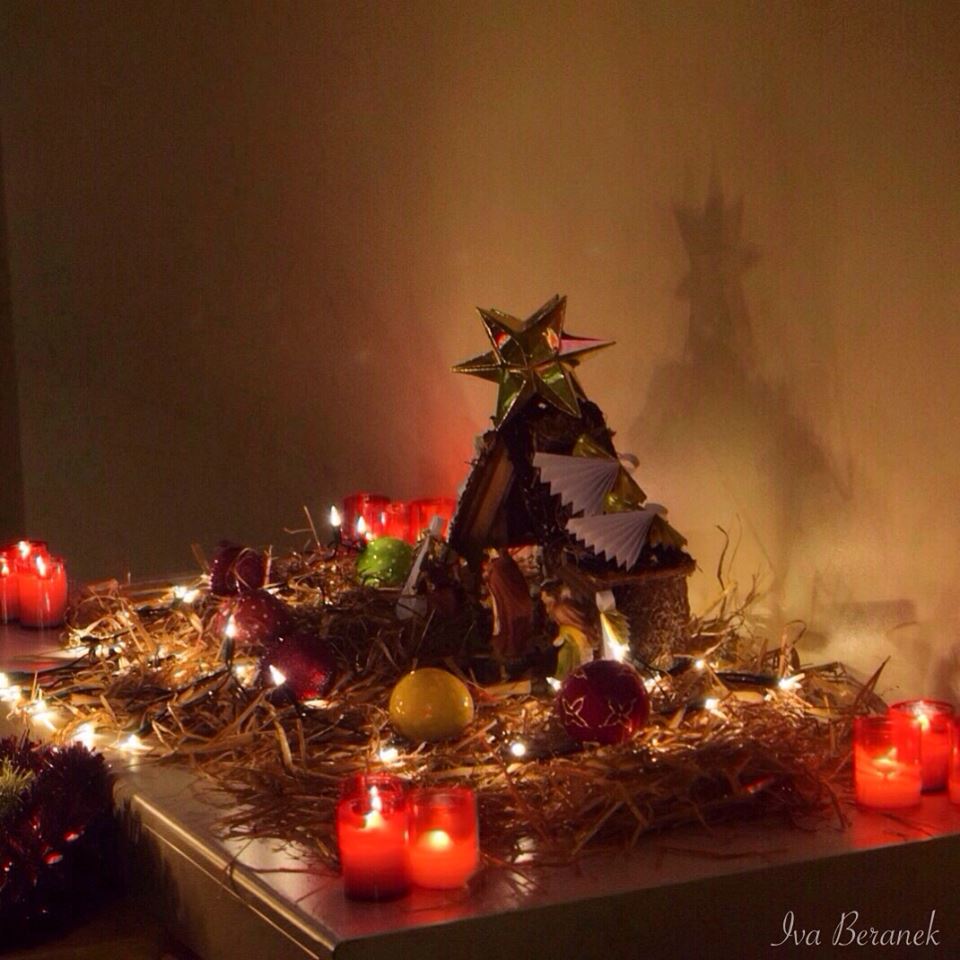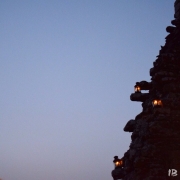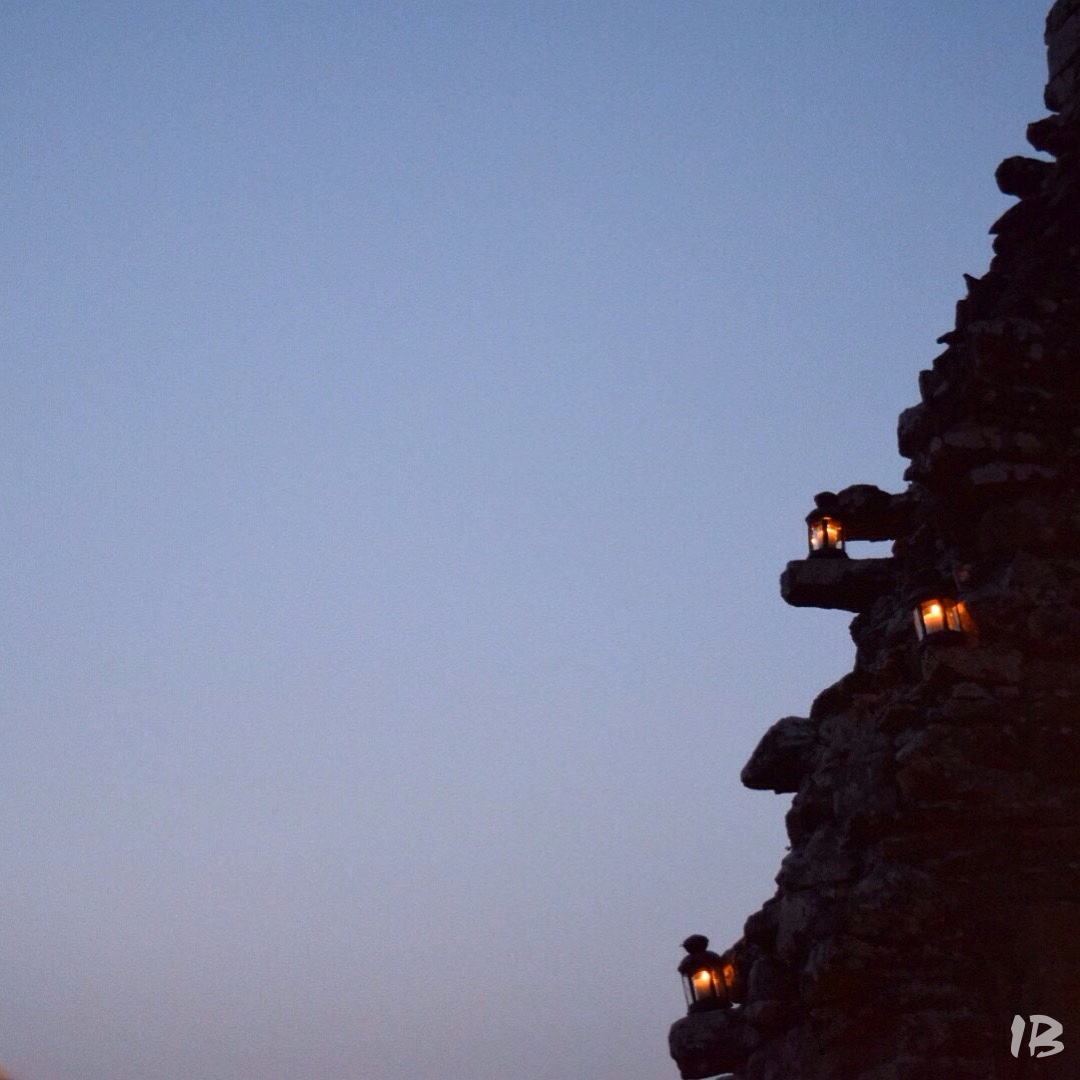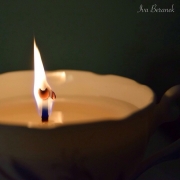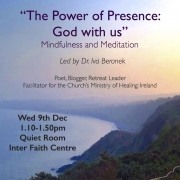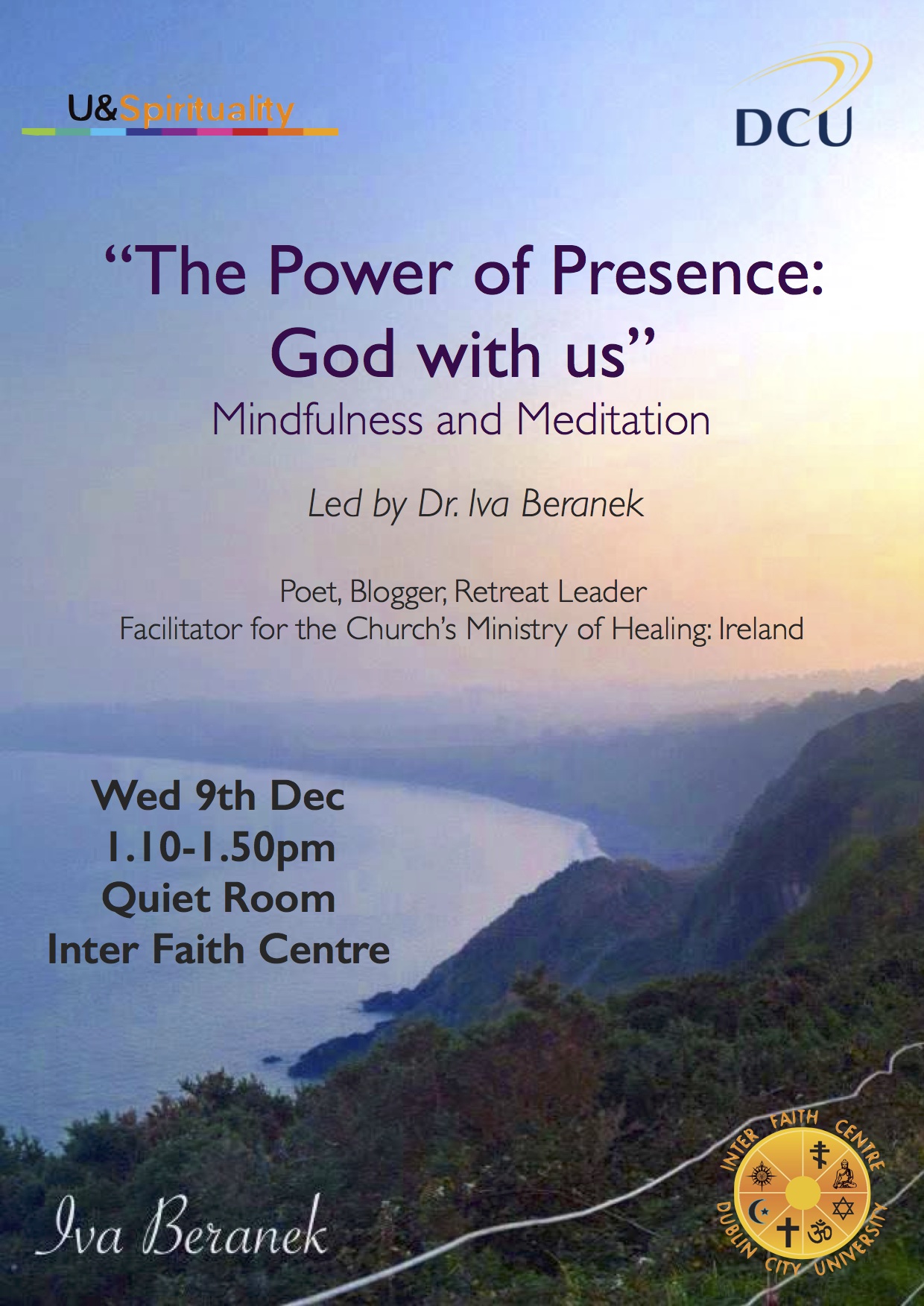Jesus was not born in a cozy place
“In those days Caesar Augustus issued a decree that a census should be taken of the entire Roman world. (This was the first census that took place while Quirinius was governor of Syria.) And everyone went to their own town to register. So Joseph also went up from the town of Nazareth in Galilee to Judea, to Bethlehem the town of David, because he belonged to the house and line of David. He went there to register with Mary, who was pledged to be married to him and was expecting a child.”
Luke 2:1-5
Jesus wasn’t born into a cosy, stable home environment. Mary was unexpectedly pregnant and not yet married to Joseph, and Jesus was born on the move and far from home. The family couldn’t even settle down following the birth, fleeing instead to Egypt to escape Herod. Jesus was born into confusion and turmoil.
Today, more than 50 million people around the world are internally displaced or living as refugees or asylum seekers. That’s 50 million people far from home this Christmas, many having fled from conflict, danger or abject poverty.
Imagine…
Your house used to be a home, but now it’s just a shelter. No comfort, no warmth. Although the memories remain. It’s nearly dark and there are no street lights. You can hear gunfire and bombs going off. Sometimes near, sometimes far. The ground shakes and the plaster crumbles from your ceilings.
How do you feel?
Things grow worse and the army arrives. They go through the streets, shouting at people to get out and get moving. You don’t want to go, but you don’t want to die either.
How do you feel?
You’re walking. Your mother is old, her arm is through yours to keep her from stumbling. There are people all around, all walking, on and on. You walk for days. There is hardly anything to eat. You’re so thin you hardly recognise yourself, and your body is so, so tired. You run out of land – there is water ahead, war behind.
How do you feel?
Everyone is clambering for a place on the boat. You don’t want to go, but you don’t want to die either…
For you, this was a fleeting and imaginary experience. For many, this is real life.
Rafi, aged seven, saw his little brother die in Syria. His mother told Tearfund: “He hasn’t been happy with himself since. He has nightmares and tells me that he is scared during the day.”
Rafi and his family now live in Lebanon, one of the countries where Tearfund is helping refugees. While in Syria they lived under shelling, in Lebanon it is peaceful. Yet the whole family lives with a legacy of fear. They are all, even the parents, frightened by loud noises like fireworks. Many are traumatised and need specialist help. Most have no opportunity to earn money, because their work permissions are restricted, so they struggle to feed their families. School places in host countries are limited because of the number of people arriving from Syria.
Every minute, eight people leave everything behind to flee war, persecution or terror – A small number of them come to the West and make the news headlines. Tens of millions don’t.

